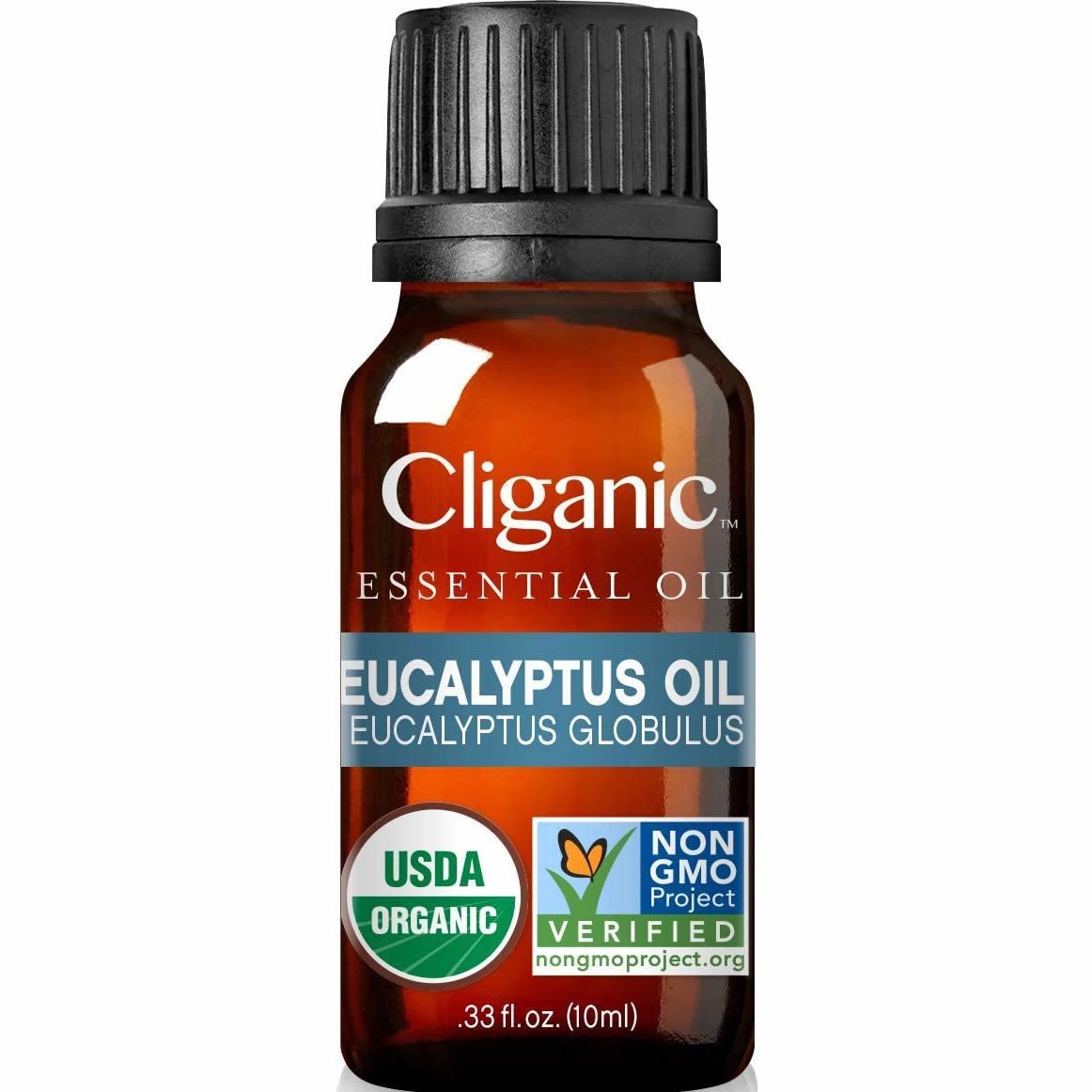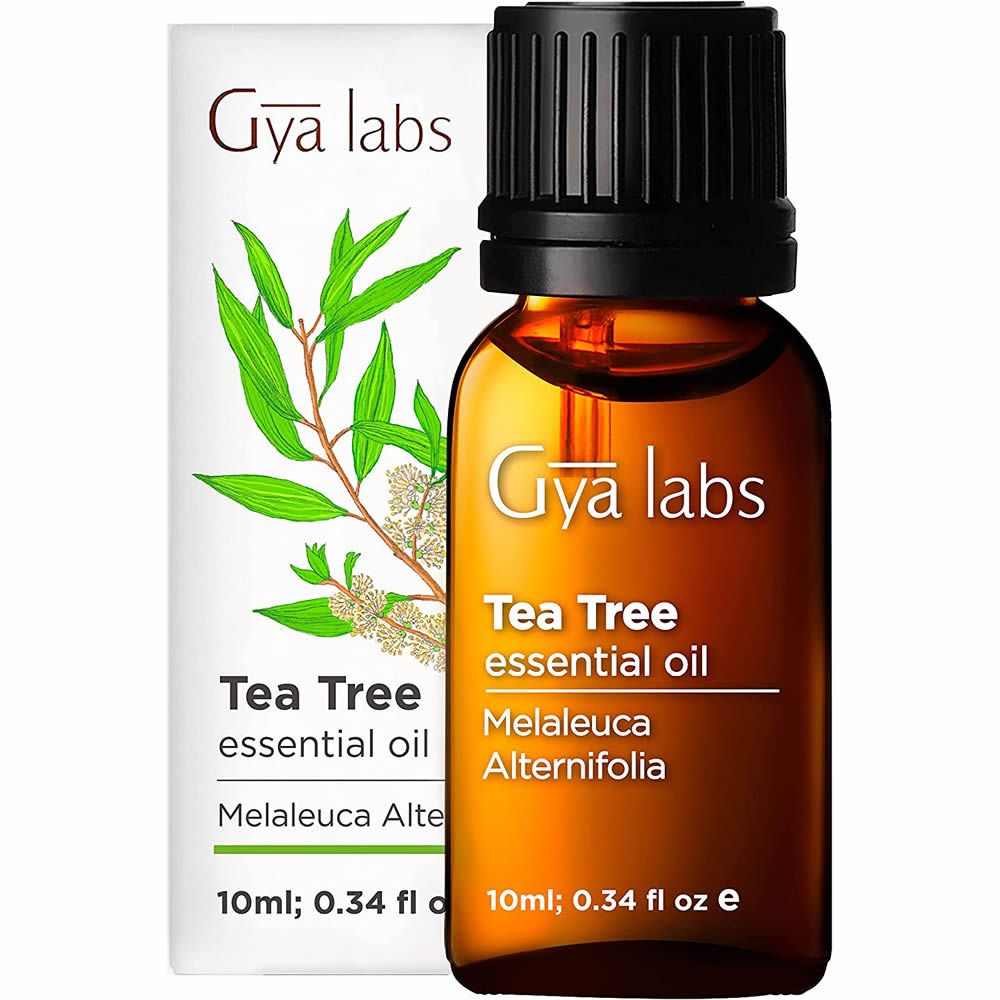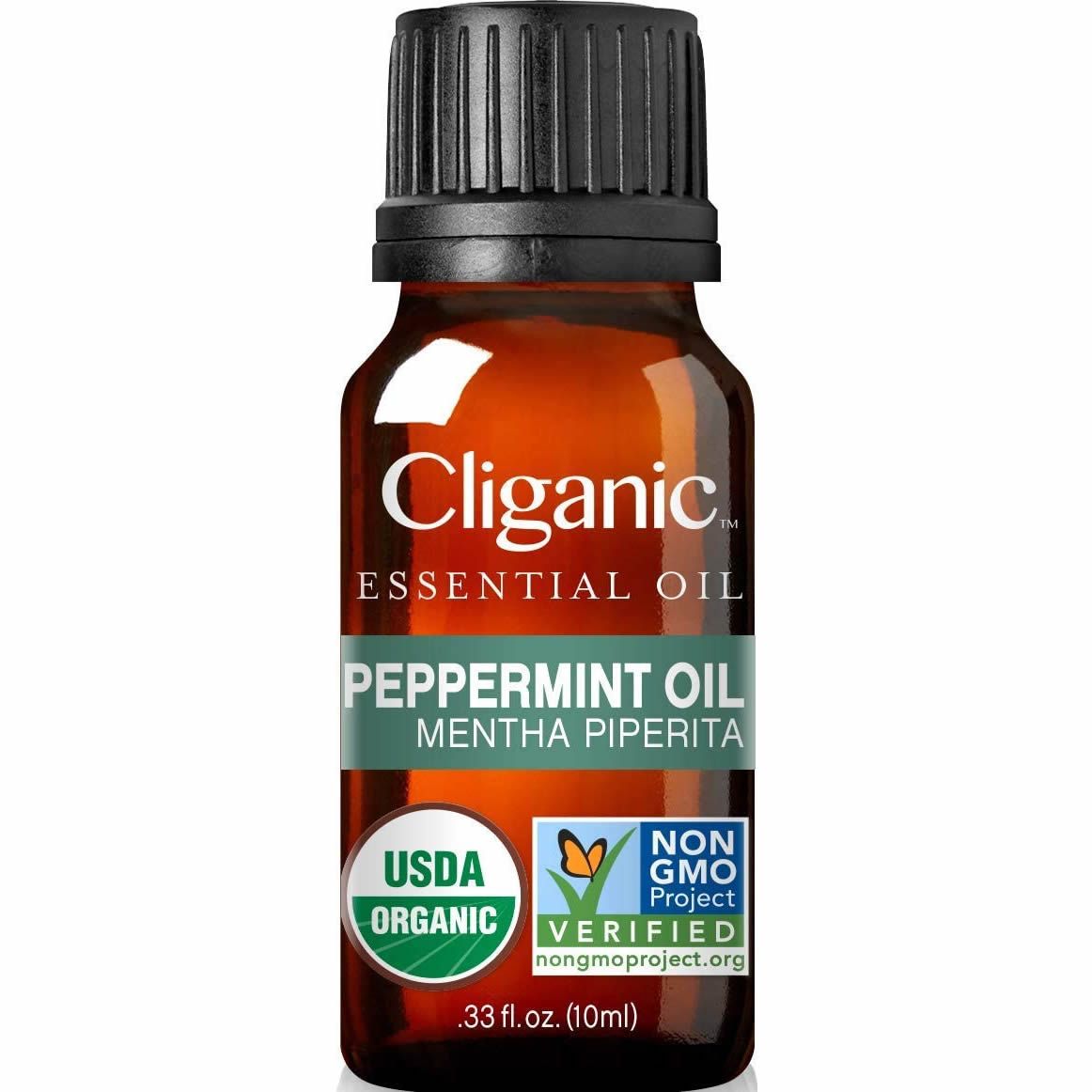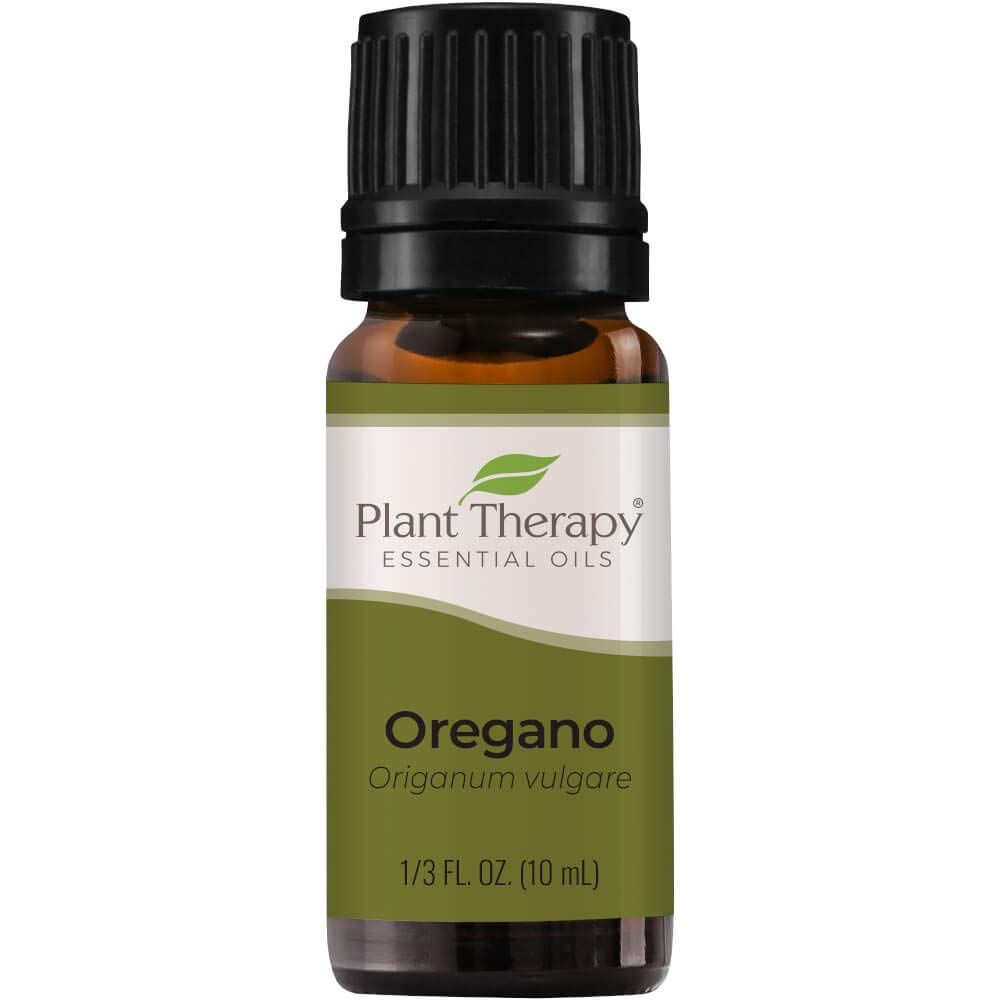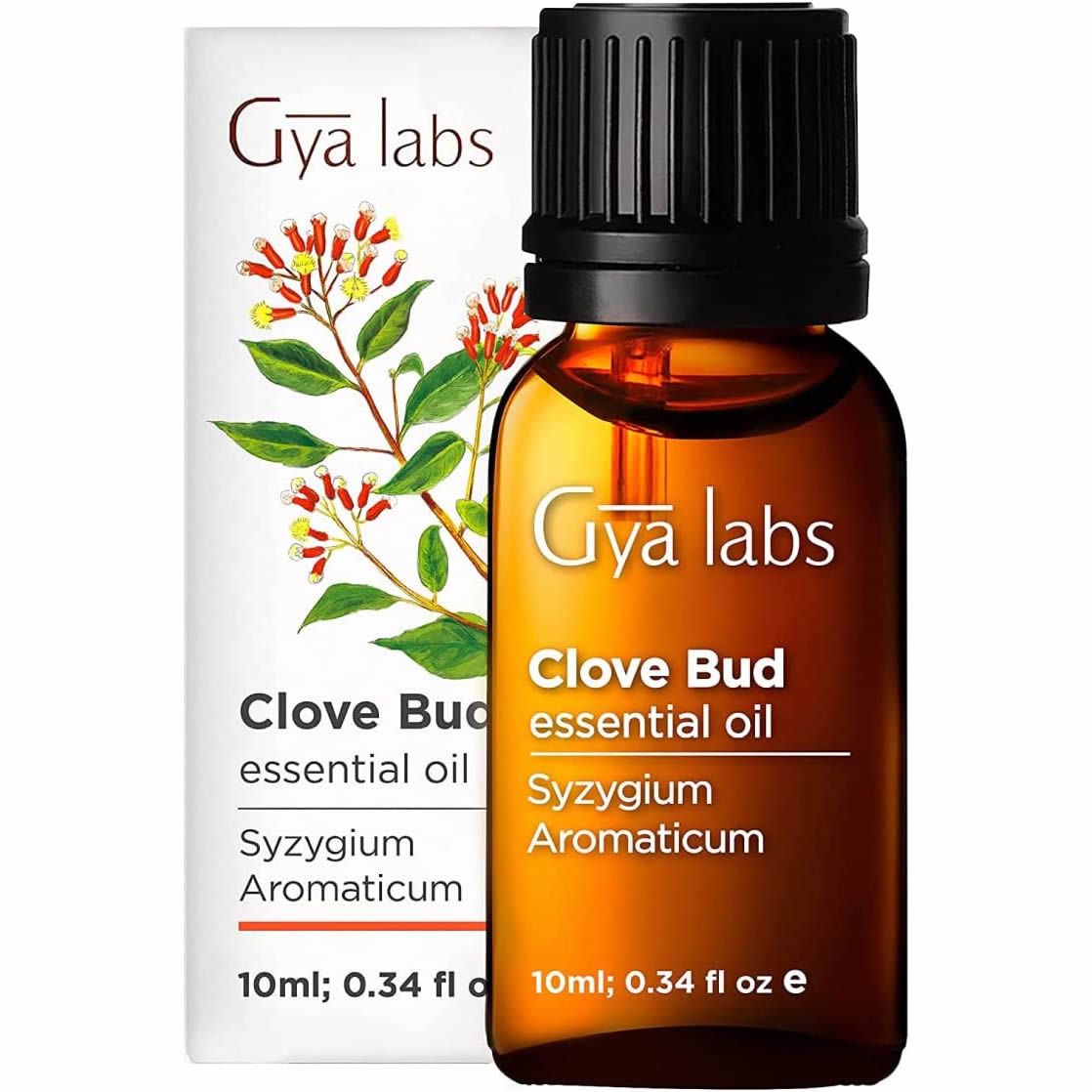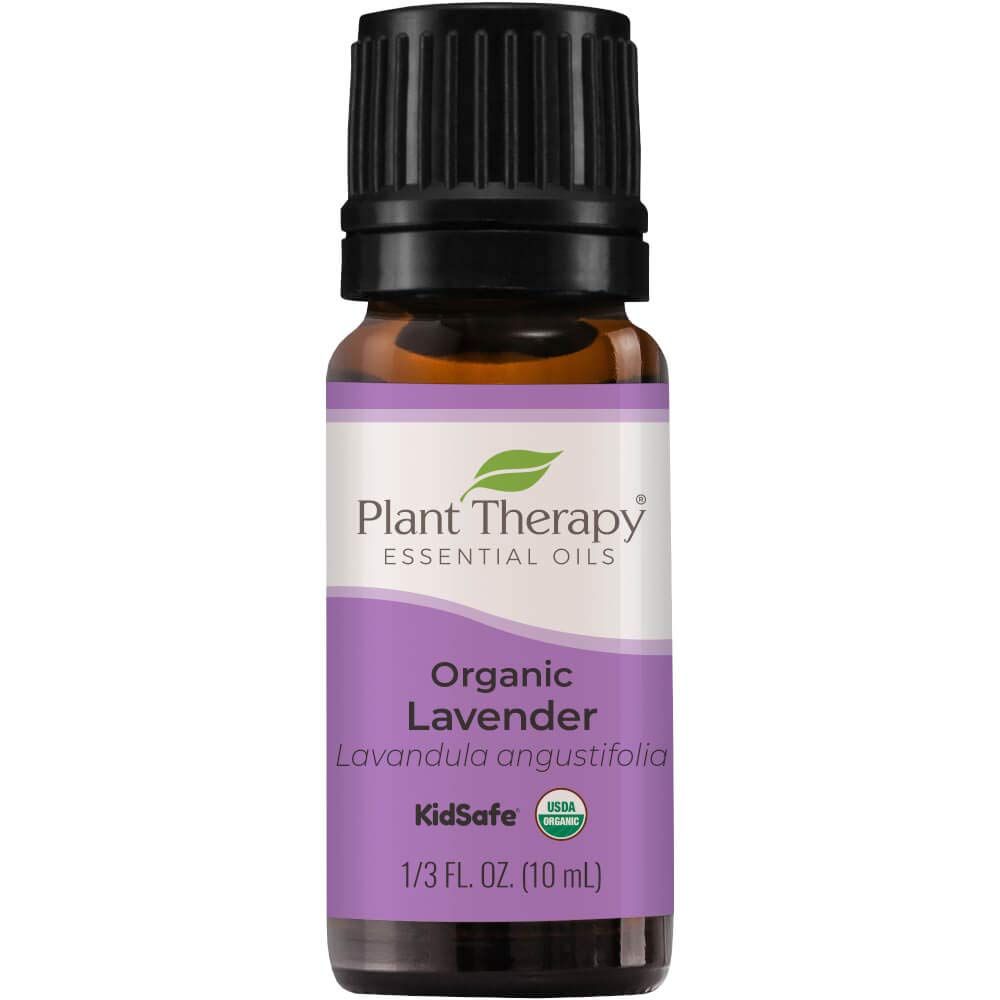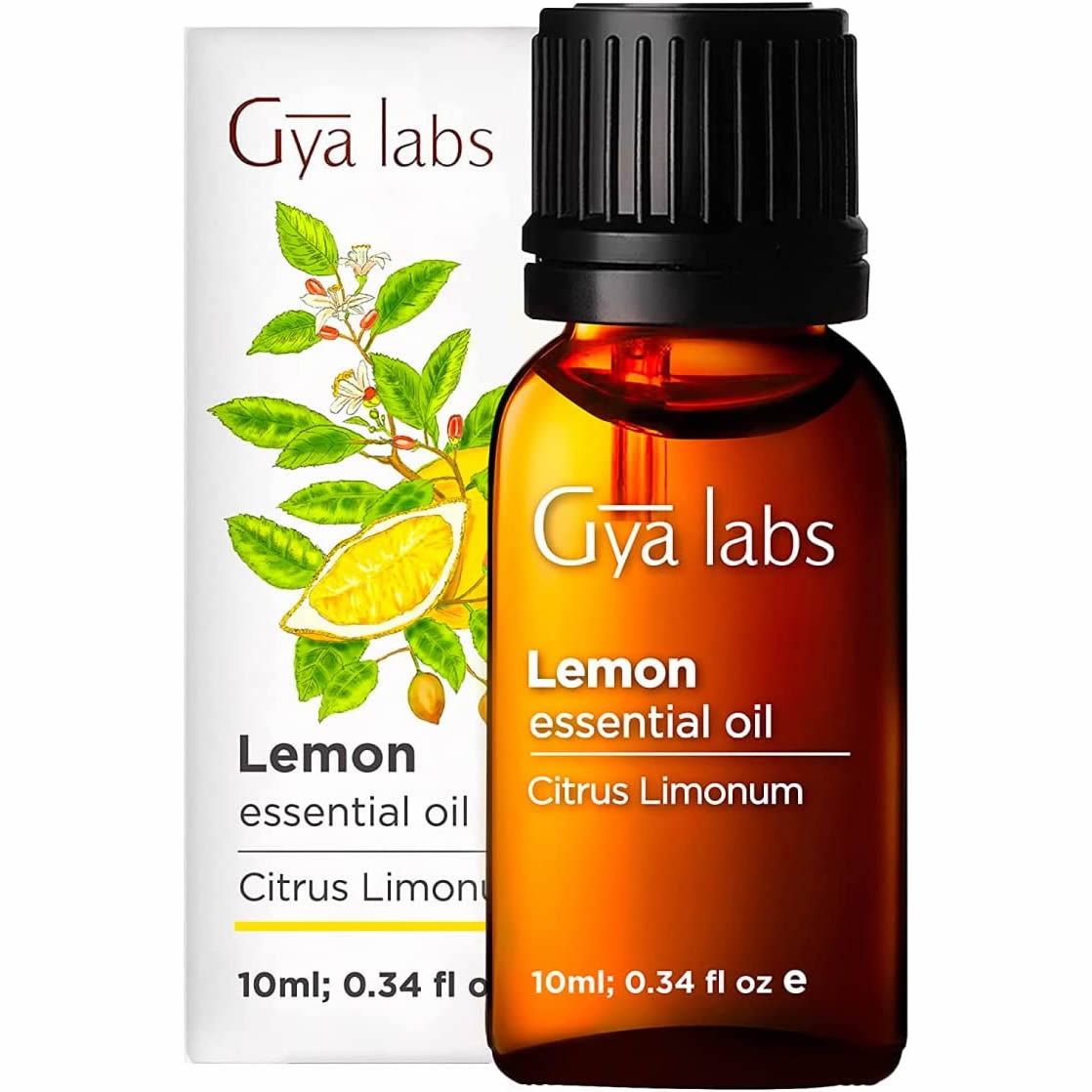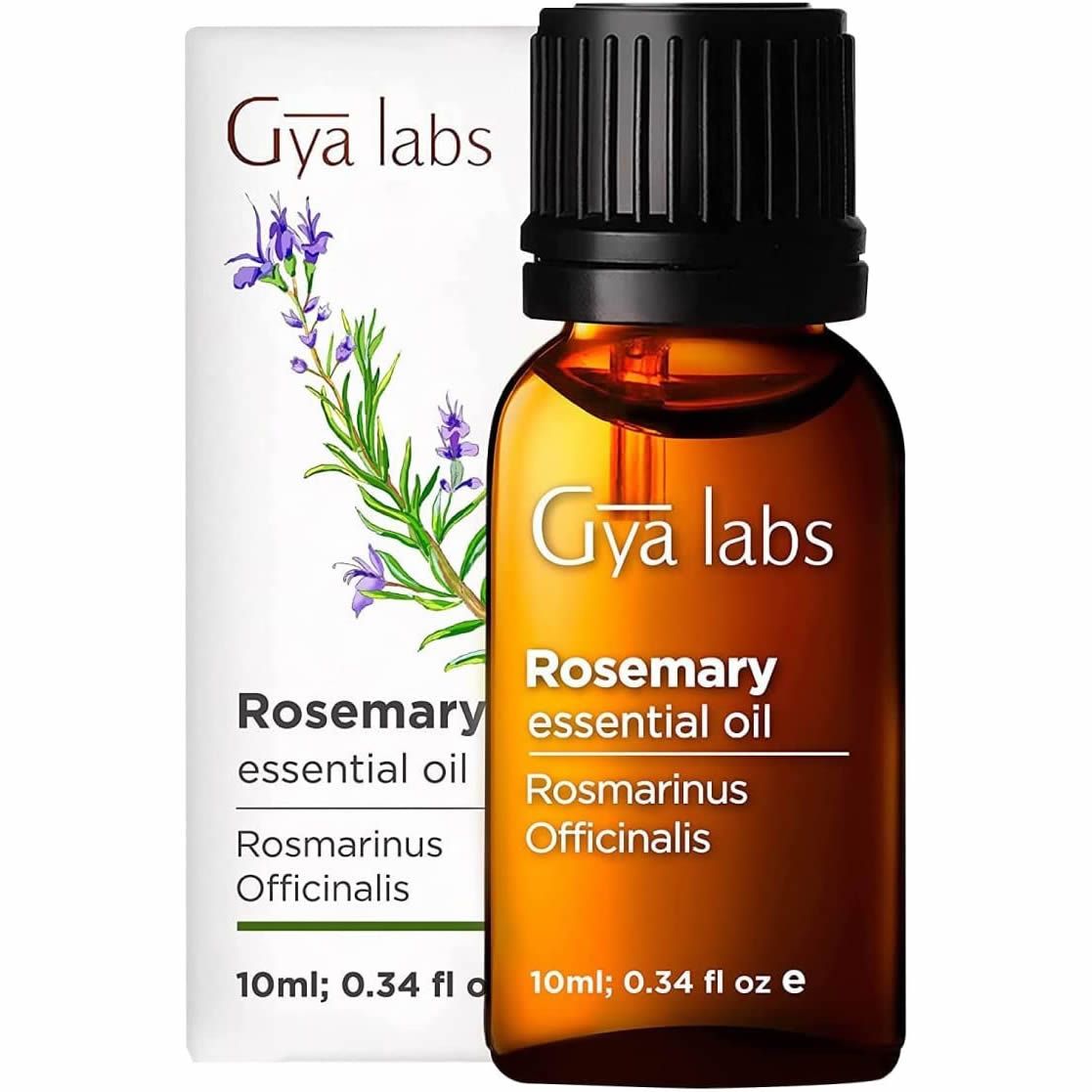Best Essential Oils for Sinus Infection to Help You Breathe Easy!
Are you looking for a natural way to ease your sinus infection symptoms?
Essential oils are a great way to treat sinus infections. They offer a variety of benefits, and they're easy to use.
In this blog post, we will discuss the 8 best essential oils for treating sinus infections and other respiratory issues. We'll also talk about how to use them and what benefits they offer. So, if you're looking for a natural way to ease your sinus infection symptoms, keep reading!
How We Downselected the Best Essential Oils for Sinus Infections
Sinus infections (sinusitis) can be painful and disruptive to everyday life. Your sinuses impact your nasal congestion, eye pressure, ears, and even head pressure -- all of which can lead to uncomfortable symptoms. Typically, these infections are caused by respiratory viruses or other bacteria that have made their way around your body. While a variety of treatments exist for sinus infections, such as antibiotics and antihistamines, care should be taken when using decongestant nasal sprays. Overuse or improper use of decongestant sprays may worsen the infection’s symptoms. Essential oils are a great way to naturally resolve infections while also offering numerous other health benefits.
I've read numerous reviews on Amazon to find the best essential oils to treat sinus infections. After reading through all of the different options, I've narrowed it down to my top 8 picks.
We hope you find your favorite essential oil to treat your sinus infection from the list below! Each product was independently selected by our team. BiohackingBeat may collect a share of sales or other compensation from the links on this page if you decide to buy something (that's how we fund our research). Happy shopping!
Cliganic USDA Organic Eucalyptus Essential Oil
Why You Should Buy It
Eucalyptus oil has been the topic of much research and inquiry due to its potential ability to resolve a variety of respiratory illnesses. A 2015 study [1] demonstrated that eucalyptus oil, similar to tea tree oil, can be beneficial in resolving the common cold, sinusitis, throat infections, asthma and bronchitis. Not only does it have the potential to help prevent an array of respiratory conditions from occurring, but it can also boost immunity when used regularly. It contains anti-inflammatory, anti-bacterial and antioxidant properties that could prove useful in fighting sinusitis. Evidence suggests that eucalyptus can provide relief from sinusitis-related headaches and nasal obstruction as well as relieving a runny nose. Given these preliminary findings, it is no surprise that eucalyptus is a staple ingredient in many over-the-counter vapor rubs or decongestants today.
How to Use This Oil
Eucalyptus oil is truly a wonder-oil as its topical use has been known to not only improve physical ailments but also increase emotional well-being. When purchasing eucalyptus oil for topical use, it is essential to remember to mix the essential oil with a carrier oil such as Jojoba or Olive Oil in order to keep the skin from becoming irritated. Once mixed, the oil can be applied directly onto the chest like a vapor rub and have long-lasting effects. It can even be sprayed into the air by mixing 20-25 drops of eucalyptus oil into a peroxide spray bottle and misting wherever needed to help clear away any unhealthy airborne microbes that are preventing you from feeling your best.
Gya Labs Pure Australian Tea Tree Oil
Why You Should Buy It
Tea tree oil is a powerful essential oil that can help fight bacteria and viruses and is derived from the Melaleuca plant. Recent studies have found that tea tree has potent antiviral, insecticidal, immune stimulation, antibacterial, and anti-inflammatory properties, which makes it an ideal agent to battle respiratory illnesses. When used correctly, the properties in tea tree oil are capable of breaking up and killing the source of sinus infections, providing much-needed relief to those suffering from respiratory problems.
How to Use This Oil
Tea tree essential oil is one of the most beneficial natural remedies for flu and colds because of its antimicrobial and antiseptic properties. Applying it directly to your chest, under your nose or behind your ears can help reduce congested breathing, although one should exercise caution when using these oils topically, as it is best to dilute them with a carrier oil before application. Some may even find that numerous applications over the course of a day could bring about positive results. For those who would rather take tea tree essential oil internally, simply mix 2–3 drops in a glass of water and gargle with it. With repeated use, you will experience your symptoms diminishing in no time.
Cliganic USDA Organic Peppermint Essential Oil
Peppermint is known for its potent anti-inflammatory, anti-bacterial, and immune-boosting properties. When applied to the skin, it brings a cooling sensation that helps to reduce sinus congestion and makes breathing easier. Its ability to open up the airways and clear mucus is due to its stimulating effects on the nasal cavities and sinuses. The anti-bacterial actions of peppermint oil help fight off bacteria that can cause sinusitis. It is sourced from the leaves of peppermint (Mentha piperita), an herb that was originally found growing in England centuries ago. With its powerful active compounds, peppermint essential oil has established itself as a natural remedy for relieving sinus congestion and pressure.
How to Use This Oil
Menthol, the main compound in peppermint essential oil, has had a long, rich history of use as a tonic and relief for various ailments. Today, due to its potency and gentle sedative effects, it is often used to tackle congested sinuses and head pressure. To ensure effectiveness when using it topically, it is imperative to mix the oil with a carrier of your choosing, such as Jojoba or Castor oil - whatever works best for you. When incorporating it into your daily routine, select an oil that doesn’t have too powerful an aroma so that the peppermint scent remains discernible. As a result of its powerful properties and pleasant smell, this potent herbal remedy has made headlines lately for helping people with acute or chronic sinus issues.
Plant Therapy Oregano Essential Oil
Why You Should Buy It
Oregano essential oil is a truly remarkable compound. Long used in ancient Greece to treat infection, today we understand that the power of this oil lies primarily in two organic compounds within it: thymol and carvacrol. Extracted from the Oreganum vulgare plant via steam distillation, these compounds possess antibacterial, anti-inflammatory, and anti-fungal properties that are effective against a wide range of ailments. In fact, carvacrol has demonstrated effectiveness against bacterial infections, parasites, viruses, inflammation, allergies, tumors, fungal infections and chronic sinus issues. Truly an incredible natural remedy with a history reaching back thousands of years!
How to Use This Oil
Oregano oil is a potent and highly beneficial medicinal oil; however, it should always be taken with caution and care. For external use, it must always be diluted with a carrier oil such as Jojoba or Olive oil; this can then be applied topically to the chest or nose regions in order to help reduce mucous production and aid in breathing. Alternatively, oregano oil can also be taken internally by adding small amounts to food, or alternatively taking in supplement form. However, if you are taking it in isolation, it must again be carefully diluted with a 1:1 ratio of olive or coconut oil to oregano oil. With consistent usage, you will begin to notice its effects.
Gya Labs Clove Oil
Why You Should Buy It
Clove essential oil has been an indispensable natural ingredient for centuries. From Southeast Asia, where it originated from, to all parts of the world, this oil is being used for its strong antioxidant and disinfectant properties. The fragrant flower buds offer high concentrations of eugenol, which gives clove oil powerful antiseptic and anti-inflammatory qualities. Not only is it helpful in relieving tooth and gum pain, it can also be used to soothe common cold symptoms, reduce joint stiffness and clear respiratory and sinus congestion. Clove oil packs a punch when it comes to protecting the body's delicate health against sickness and pain.
How to Use This Oil
Clove essential oil is a powerful and versatile remedy that offers numerous benefits to the body. Due to its potent nature, it is important when using clove oil topically to always dilute it appropriately with a carrier oil in a 2:1 ratio – this will help minimise the risk of skin irritation. Massaging a diluted blend of clove oil onto the chest area and bridge of the nose can be a very soothing and effective way to alleviate sinus congestion and promote easier breathing. Additionally, clove essential oil can be taken internally for added support for both respiratory and immune health. A recommended dose is 3-5 drops, depending on user preference, once per day in either a cup of hot tea or some hot water. Doing this regularly can help reduce the intensity and duration of symptoms associated with respiratory issues.
Another way to use this oil is via a diffuser or humidifier to spread the oil’s healing properties through the air. Make sure to replenish your device regularly throughout the day so you can get maximum benefit in terms of breathing and clearing out your congested sinuses. As an additional option, you can simply take the lid off of your bottle of clove oil and breath deeply several times - you will soon feel its effects on your sinus congestion levels!
Plant Therapy Organic Lavender Essential Oil
Why You Should Buy It
Lavender oil is a well-known essential oil with an array of benefits and medicinal properties. It is best known for its sweet, distinct smell, however, it also has many other benefits that make it just as useful. The anti-inflammatory and analgesic properties of lavender oil make it highly beneficial in treating sinus infections or inflammation. In addition to this, lavender oil can act as a decongestant to unclog the nasal passage and help to reduce sinus pressure. Moreover, lavender oil has natural antimicrobial, antibacterial, and analgesic properties that can be beneficial in reducing any pain associated with the condition. Furthermore, this essential oil is known for its calming scent that can help relax the body and mind as well.
How to Use This Oil
One of the most effective ways to use lavender oil for treating sinus inflammation is by adding a few drops (5-6) of the oil to bathwater and soaking in it for 15-20 minutes.
Gya Labs Lemon Essential Oil
Why You Should Buy It
Lemon essential oil is a great treatment option for sinusitis, as it packs both antibacterial and decongestive qualities. This natural extract from the lemon rind is capable of curtailing sinus infections as well as boosting one’s immunity by shielding against infectious agents. Individuals who often experience sinus issues should resort to using this product – not only because it enhances the immune system but also due its stimulating effect on respiratory mucous membranes and circulation. Overall, the use of such a natural resource without any side-effects make it an ideal treatment solution!
How to Use This Oil
You can inhale the steam of lemon oil, preferably before going to bed.
Gya Labs Pure Rosemary Oil
Why You Should Buy It
Rosemary essential oil offers a natural, safe and effective way to alleviate muscle and joint pain. Not only does it diminish aches and pains, but it works on a deeper level to promote healing. In addition to that, rosemary essential oil exhibits antibacterial properties to neutralize any bacteria associated with sinus infections or other forms of cellulitis. Therefore, its combination of analgesic and antibacterial capabilities can help bring relief and improved health faster than ever before.
How to Use This Oil
Rosemary oil can be mixed with a few drops of lavender or eucalyptus essential oil and applied to the throat as well as on the forehead.
Essential Oil FAQs
What are essential oils?
Essential oils are natural, volatile aromatic compounds found in the seeds, bark, stems, fruit, and other parts of plants. They can be used for a wide range of purposes, from skin care to aromatherapy.
Essential oils are obtained by distilling the plant material with steam or water. The oil that is released is then collected and sometimes purified. The oil can be used on its own or added to other products such as lotions, soaps, and massage oils.
Some essential oils possess therapeutic properties and can be used to treat medical conditions such as anxiety, insomnia, and pain relief. Others offer cosmetic benefits such as reducing wrinkles or fighting acne. Aromatherapy using essential oils can also provide psychological
How should essential oils be diluted?
There are a few ways to dilute essential oils. One way is to add the oil to a carrier oil, such as olive oil, coconut oil, or almond oil. Another way is to add the oil to water. You can also put a few drops of essential oil in a diffuser.
When you're first starting out, it's best to dilute essential oils with a carrier oil. This will help prevent skin irritation. You can gradually increase the amount of essential oil as your body gets used to it.
It's important to remember that not all essential oils are created equal. Some are more potent than others. So start with a lower dose and work your way up if needed.
Where is the best place to apply essential oils?
While essential oils can be applied to any part of the body, these four main spots are the most effective.
- Back of neck
- Behind the ears
- On the temples
- On the wrists
How long should you breathe in essential oils?
It is not advisable to directly and intensively inhale essential oils for longer than 15-20 minutes, such as with steam inhalation. However, this does not apply to ambient inhalation from essential oils vaporized into the air via diffusers.
Best Essential Oils for Sinus Infections for You
We hope our review has armed you with the information you need to decide what essential oil is best for your sinus needs. Tap the product links above to check prices and find the best essential oil for you. We hope you feel better, and thanks for reading!
Citations
[1] Ali, Babar, et al. "Essential oils used in aromatherapy: A systemic review." Asian Pacific Journal of Tropical Biomedicine 5.8 (2015): 601-611.




